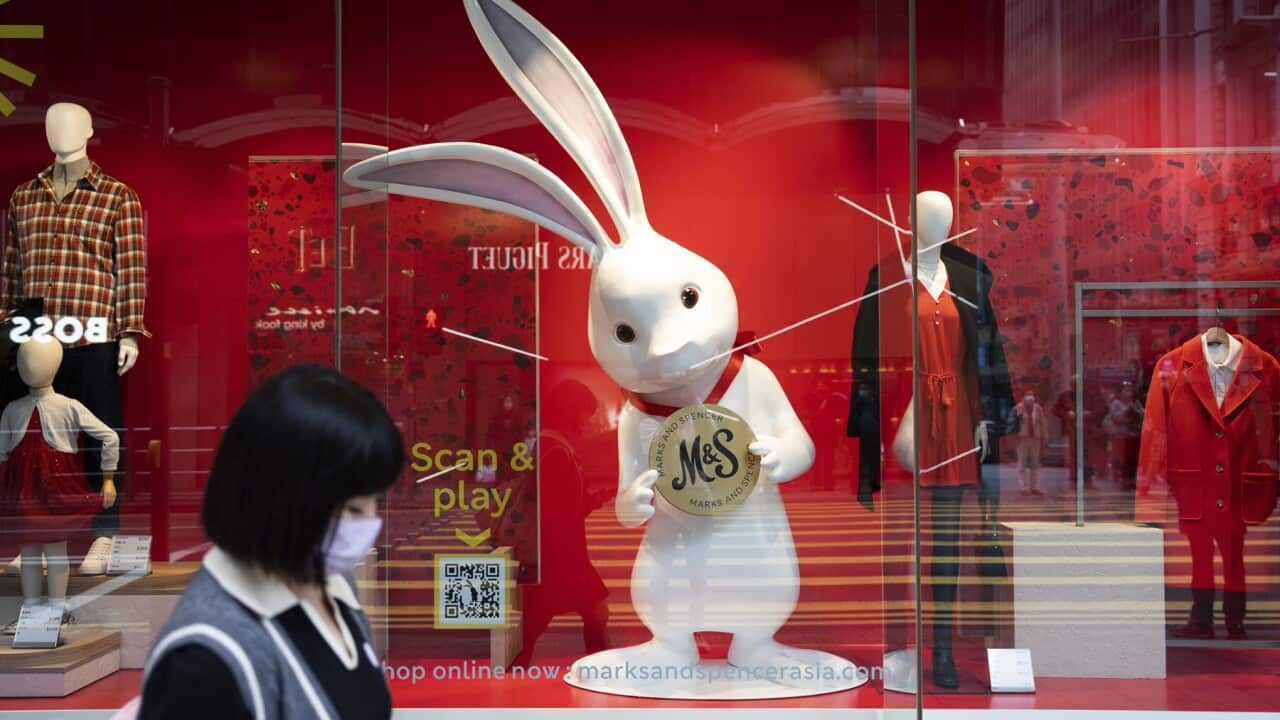In Hong Kong, at the city's most well-known Taoist temple, Wong Tai Sin, people are enjoying what they haven't been able to do in two years because of pandemic restrictions.
And that's taking part in a Lunar New Year's Eve tradition: being among the first to put incense sticks into the stands in front of the temple’s main hall.
The lifting of COVID-19 restrictions has allowed the temple to re-open.
Lunar New Year has seen major movements of people all around East Asia as families are reunited in-person for the first time in years.
In China, the Transport Ministry estimates the rush will see a total of 2.1 billion passenger trips nationwide between 7 January and 15 February.
It is known as the world’s largest annual migration of humans.
Analysis by London-based health research firm, Airfinity, found China could record about 36,000 deaths a day during the Lunar New Year as travellers spread the virus to rural areas that are less equipped to manage large outbreaks.
Despite these concerns, many in China hope the holiday season can bring benefits to the economy.
.
Lunar New Year marks the change of the zodiac calendar which has 12 animals to represent each year in the 12-year cycle: the rat, tiger, dragon, snake, horse, goat, monkey, rooster, ox, rabbit (cat), dog and pig.
This year will be the year of the Rabbit in most Asian countries, except in Vietnam where it is the Year of the Cat.
The Rabbit is the fourth of the zodiac animals and symbolises longevity, positivity, wittiness, cautiousness, cleverness, deftness and self-protection.
In Taiwan, festivities for the Year of the Rabbit are also underway. Houses and public places are being decorated with rabbit-themed ornaments.
In Australia too, Lunar New Year celebrations are in full bloom.
The festivities for Lunar New Year continue until 5 February, marked by the Lantern Festival.





